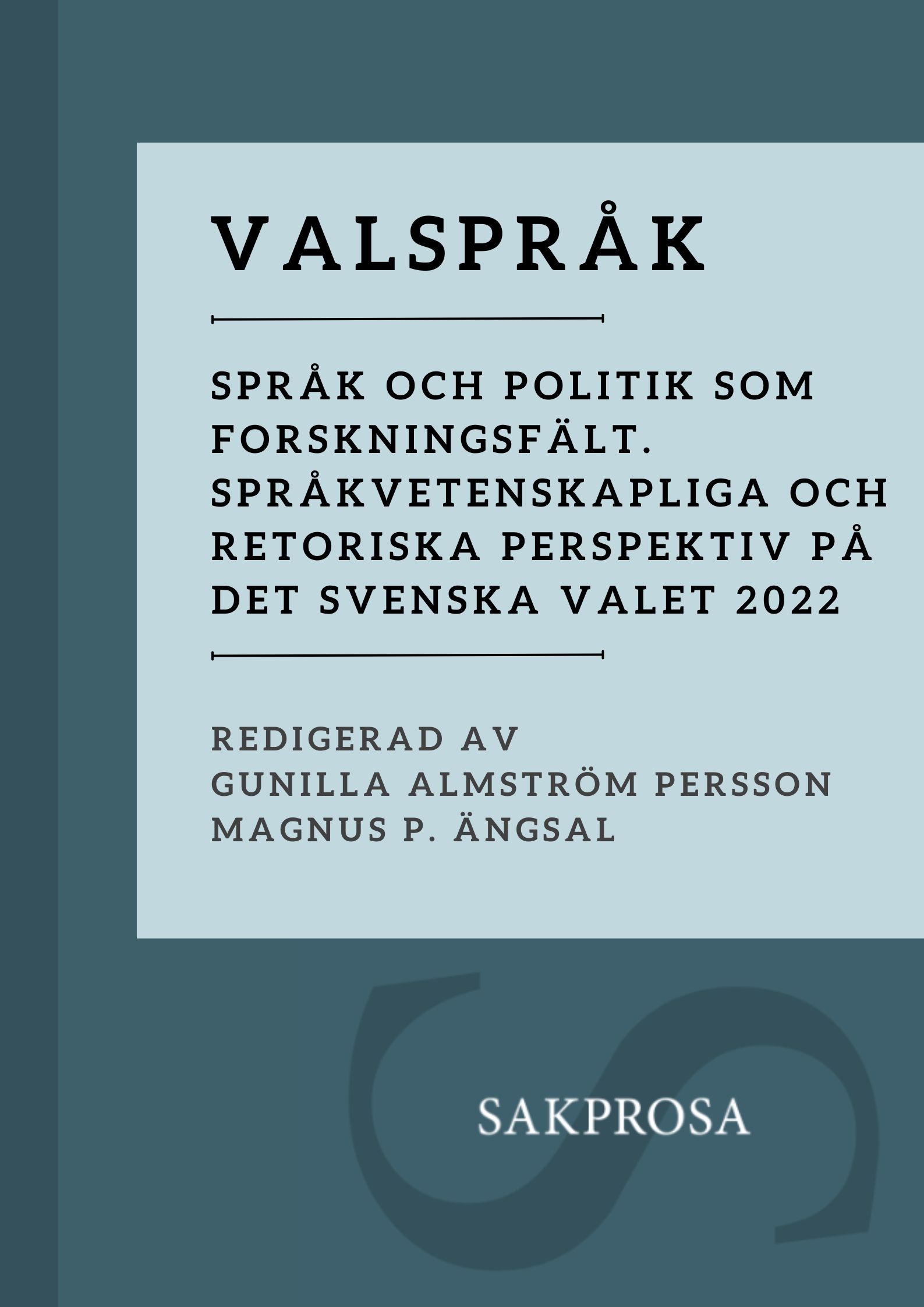Populist rhetoric in mainstream politics
A case study of Ebba Busch's communication in the 2022 election campaign
DOI:
https://doi.org/10.5617/sakprosa.10251Keywords:
populism, rhetoric, political style, ritual, Swedish politics, Ebba BuschAbstract
Has populist rhetoric made its way into Swedish mainstream politics? The article studies Ebba Busch, the leader of the Christian Democrats, who was accused of expressing herself in a populist manner during the Swedish election campaign, 2022. In what sense can it be argued that this was the case? And what rhetorical strategies did she use that can be categorized as a populist style? The article draws on Benjamin Moffitt's description of populist features of political style, combined with elements from modern rhetorical and ritual theory. It studies Busch's political communication during the 2022 election campaign, in speeches, debates, interviews and social media communication. The study practices rhetorical close reading in its analyses and can show that Busch often uses the concept of ‘the people’ (in terms of Svenssonlivet ‘the life of the Svensson’ (‘the ordinary Swede'), hjärtlandet ‘the Swedish heartland’ etc.) to create lines of conflict in the debate and win political points. She consciously works with crisis narratives, for example taking the notion of crisis to an existential level, and with narratives that have strong melodramatic elements. Finally, she enacts different personas, or ethos constructions, that accommodate different, often seemingly incompatible roles.



